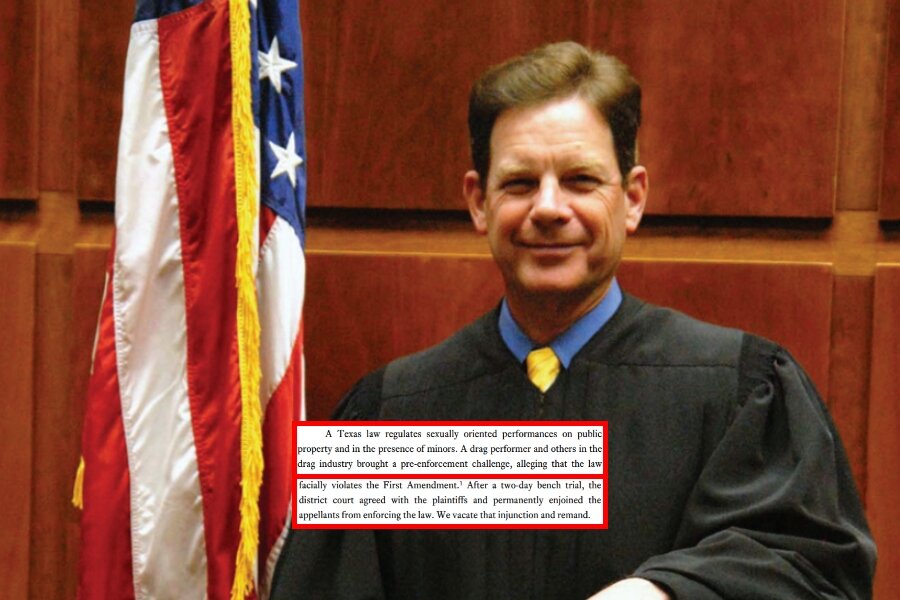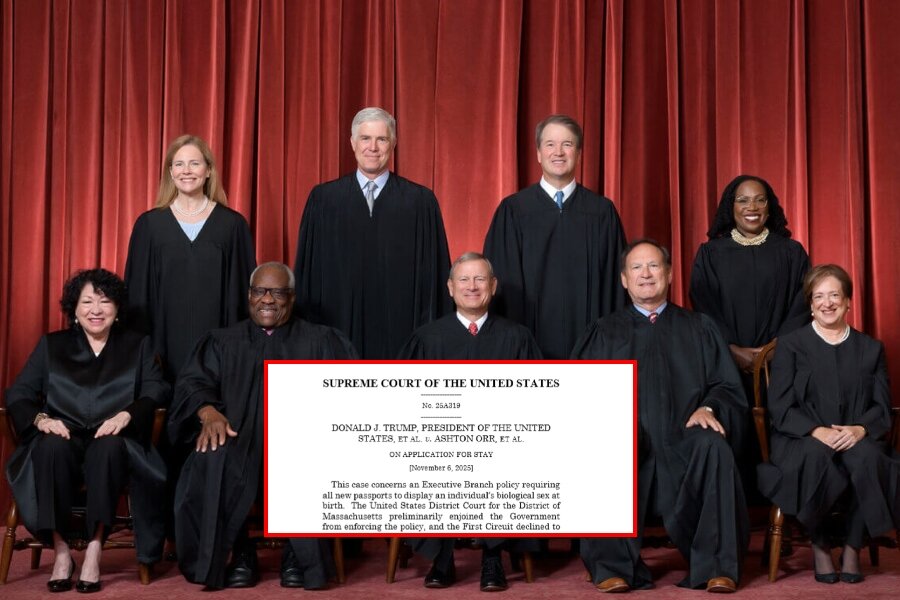The U.S. Supreme Court has declined to hear two high-profile challenges to state gun-control laws—one in Maryland banning semiautomatic rifles such as the AR-15, and another in Rhode Island prohibiting magazines that hold more than 10 rounds. Both denials came in a June 2 orders list that did not provide an explanation for the denials. However, three justices—Clarence Thomas, Samuel Alito, and Neil Gorsuch—dissented, indicating that they would have taken up the cases.
In the Maryland case, sometimes referred to as an “assault weapons” ban, Justice Brett Kavanaugh concurred with the majority in its decision to deny review, but said the Supreme Court “should and presumably will” address the constitutionality of AR-15 bans within the next term or two.
The Maryland case, known as Snope v. Brown, involved a 2013 law enacted in the aftermath of the Sandy Hook massacre, which bars the sale and possession of 45 named semiautomatic rifles and similar “copycat” weapons. The challengers of the ban argued in court filings that rifles such as the AR-15 are among the most popular firearms in the country, lawfully owned by millions for self-defense and sporting purposes, and therefore are protected under the Second Amendment.
The U.S. Court of Appeals for the Fourth Circuit upheld the law last year, reasoning that firearms such as the AR-15 fall outside the scope of the Second Amendment’s protections. Writing for the majority, Judge J. Harvie Wilkinson III said the law fits “comfortably within our nation’s tradition of firearms regulation,” likening it to historical efforts to restrict weapons deemed excessively dangerous.
In his dissent, Judge Julius Richardson rejected that view, saying that Maryland’s ban “cannot pass constitutional muster” because the law targets weapons “commonly possessed by law-abiding citizens for lawful purposes.” He warned that treating the Second Amendment as a limited or lesser right risks undermining its constitutional standing.
Thomas echoed those concerns in his dissent from the Supreme Court’s refusal to hear the case, while criticizing the Fourth Circuit’s reasoning as “dubious at least twice over.”
“I would not wait to decide whether the government can ban the most popular rifle in America,” Thomas wrote. “That question is of critical importance to tens of millions of law-abiding AR-15 owners throughout the country. We have avoided deciding it for a full decade.”
While Kavanaugh agreed with the majority decision to defer review, he signaled skepticism of the Fourth Circuit’s reasoning. “Given that millions of Americans own AR-15s and that a significant majority of the States allow possession of those rifles, petitioners have a strong argument that AR-15s are in ‘common use’ by law-abiding citizens and therefore are protected by the Second Amendment,” he wrote.
Thomas also criticized the Fourth Circuit for imposing an undue burden on the plaintiffs to prove AR-15s are constitutionally protected, while also arguing that the lower court erred by diverging from prior Supreme Court decisions. “Further percolation is of little value when lower courts in jurisdictions that ban AR-15s appear bent on distorting this Court’s Second Amendment precedents,” Thomas wrote, warning that the right to bear arms risks becoming “a second-class right.”
The Rhode Island case, Ocean State Tactical v. Rhode Island, challenged a 2022 state law banning large-capacity magazines, passed shortly after a mass shooting in Uvalde, Texas. The law gave owners six months to modify, surrender, sell, or transfer such magazines.
A federal district court and the First Circuit Court of Appeals both declined to block the law. According to filings, the appeals court found that even assuming that the magazines are covered under the Second Amendment, the law imposes no “meaningful burden” on self-defense, arguing that civilians almost never need more than 10 rounds in a defensive scenario. The court also pointed to historical analogues for similar bans, such as restrictions on dangerous weapons and gunpowder storage.
Gun rights advocates argued in their petition for Supreme Court review that the lower courts wrongly applied the Supreme Court’s landmark decision in a case known as Bruen, which requires courts to evaluate whether a restriction such as a high-capacity magazine ban is supported by the nation’s historical firearms tradition.
“The court purported to find historical support for magazine-capacity restrictions in the same founding-era gunpowder storage laws that Heller rejected as disanalogous to bans on common arms,” the petitioner argued.
They also challenged the magazine ban under the Fifth Amendment, arguing that it constitutes an uncompensated taking of lawfully owned property. The state dismissed that argument, saying owners had several lawful options to comply and were not being forced to forfeit property without recourse.
Rhode Island defended the law as a modest public-safety measure, arguing in court filings that the law still allows the ownership of semiautomatic firearms but simply ensures more frequent reloads, potentially creating lifesaving pauses during mass shootings.
In a brief, unsigned order, the Supreme Court denied review of the Rhode Island high-capacity magazine ban. As with the Maryland case, Thomas, Alito, and Gorsuch signaled that they would have granted the petition.
Share your thoughts by scrolling down to leave a comment.













